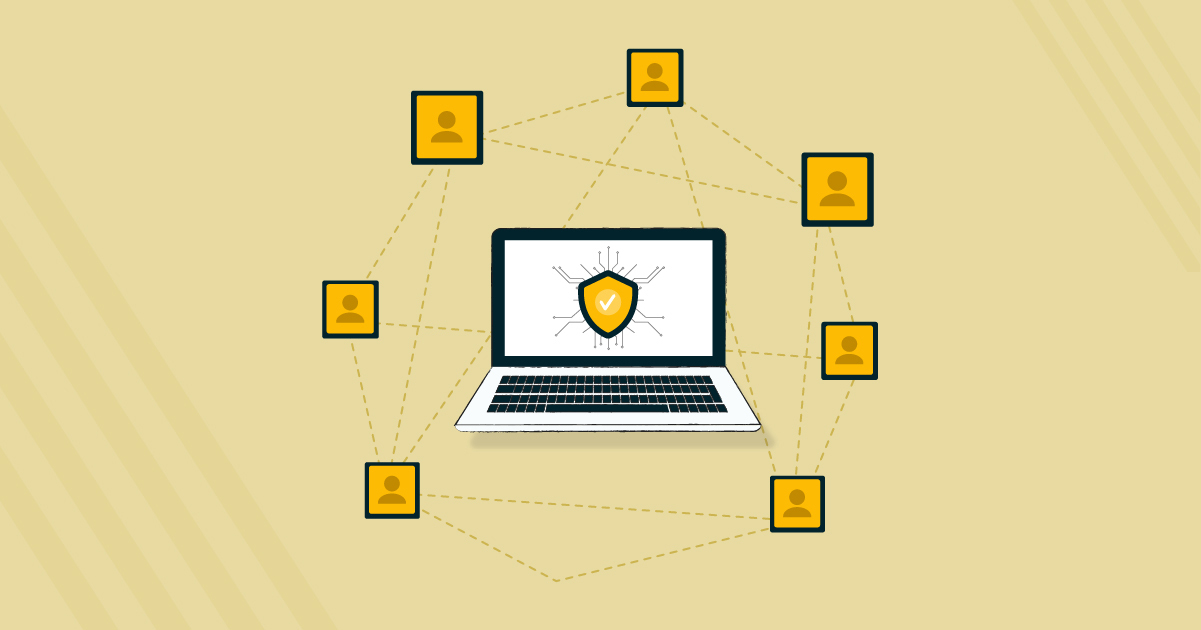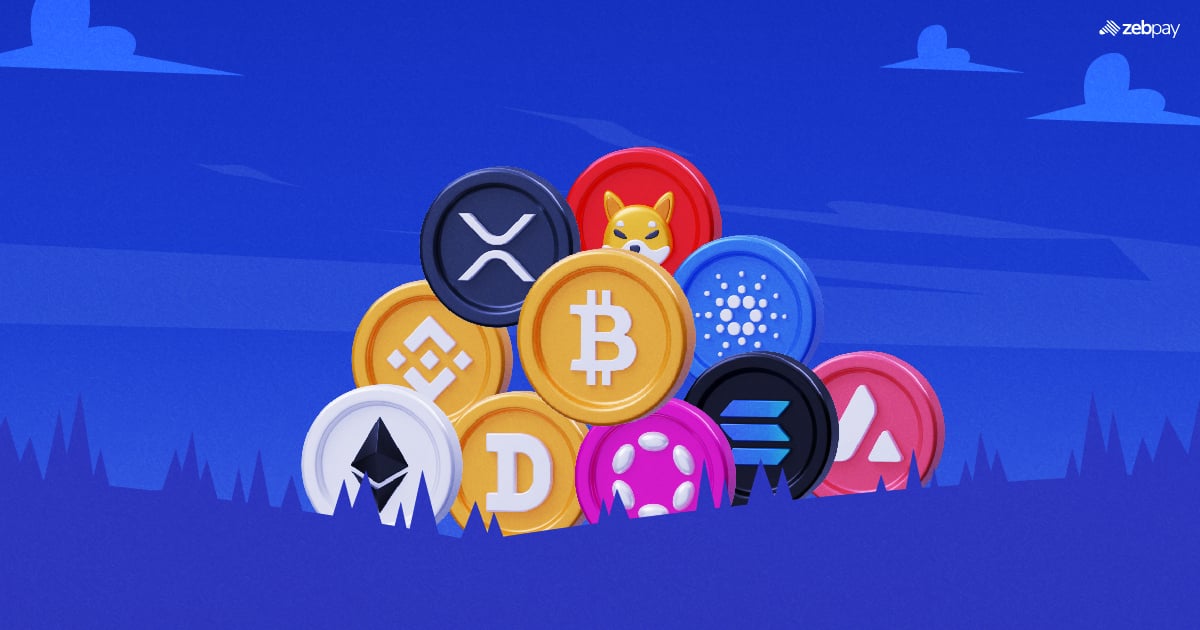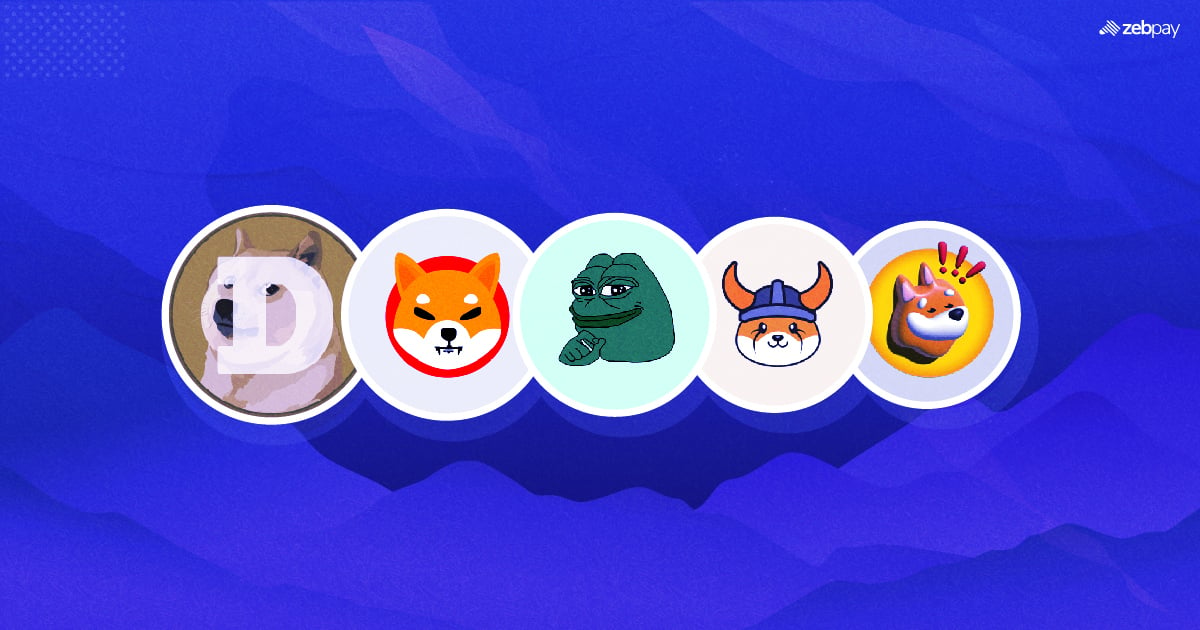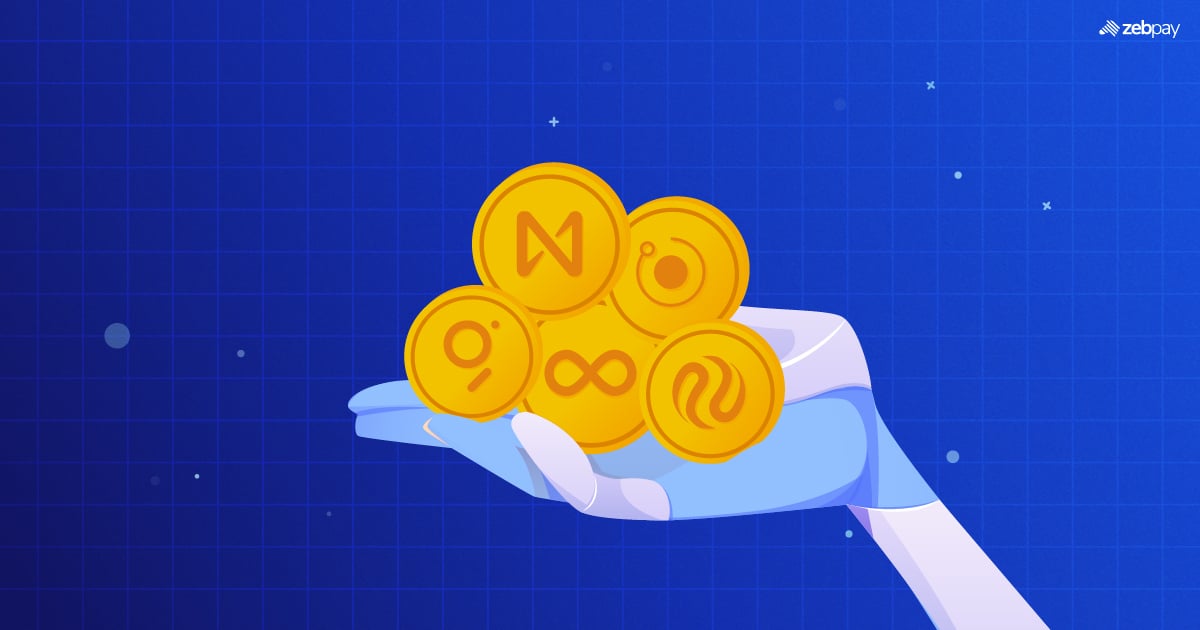We come across news articles every day about companies being funded by Venture Capitalists and Angel Investors. While VCs are great enablers of economic prosperity, they are highly centralised with only a handful having the power to take decisions. With the advent of Blockchain, new methods have been invented to fund ideas. In this article, we will detail what Decentralised Autonomous Organisations ( DAOs) are and we will further go in depth about Investment DAOs and how they differ from traditional funding machines.
What Is a DAO?
Blockchain has brought about innovation in various fields thanks to its unique model. The decentralisation of a blockchain also enables collectives built on the technology. Dubbed “DAO”, a Decentralised Autonomous Organisation is a group that is controlled by all of its members with each of them having voting rights.
What Is Investment DAO
Unlike traditional organisations, there is no small central group of people who make all the decisions in a Crypto DAO. If you own the governance token of the DAO, you are eligible to participate in its decision-making process. Investment DAOs are an extension of this idea. They allow its users to collectively invest their funds based on voting and democratic governance.
How Does An Investment DAO Work?
An investment DAO is usually formed on certain principles to help guide its decision-making. For example, some DAOs may choose to only invest in NFTs while others may invest in startups in the crypto space. Having such guiding principles assists in attracting members with the same goals.
All decisions in a DAO are made based on proposals. If you hold the DAO’s governance token, you are also eligible to submit proposals to it. Once it has been submitted, all other token holders have a chance to vote and approve or reject the investment.
Voting may happen through two methods. Some DAOs may require you to stake your tokens to be able to vote. Meanwhile, others may follow a snapshotting method. Staking locks in your tokens for a specified period and ensures there is no manipulation of the voting process.
On the other hand, snapshot voting records the value of your holdings before the proposal is submitted. This way, you do not have the option to buy more tokens to influence the decision after having seen the proposal.
Returns on your investment are distributed as airdrops to all invested members.
Read more: What is Crypto Airdrop?
Traditional VCs vs Investment DAOs
| Feature | Venture Capital | Investment DAO |
| Exclusivity | VCs are highly exclusive as only the partners of the firm can make investments. | A DAO allows anyone that holds its token to share in the profits. It is highly inclusive. |
| Decision Making | Highly centralised as only a small group makes all decisions for the firm | Highly decentralised as decision making involves all members of the DAO |
| Regulation | Regulated and safe industry as there are many bodies providing oversight | Unregulated. DAOs are a new innovation and there is currently no government support for them |
| Liquidity | Long lock-in periods make them illiquid | You can sell your token holdings at any time, making them liquid |
Limitations of Venture Capital (VCs)
Highly Centralised
All investment decisions in a VC firm are taken by its investment committee. This investment committee has exposure to a limited number of investments outside of their area of expertise. This restricts their ability to choose the best investments as they may not have information on opportunities across the globe.
Low Liquidity
VC funds are also highly illiquid due to the long lock-in times. As an asset class, investments cannot be taken out until there is an exit opportunity for the fund. These may be when the portfolio firm makes an initial public offering or gets acquired by another company.
Large Capital Requirements
It is very difficult for retail investors to be part of venture capital funds. This may be because the initial investment required is too large or the partners of the fund choose to invite only firms and other institutional investors to be a part.
Advantages of Investment DAOs
Decentralisation
Investment decisions in a DAO are taken by all of its members. The process is highly democratised and allows any individual to have a say on where their money will be used. It also gives the DAO access to a greater set of investments to choose from, as members from all over the world may have better knowledge of the global landscape.
Liquidity
Unlike venture capital, your money is highly liquid in an investment DAO. This is because you can sell your tokens on a crypto exchange at any time. Your token holdings determine both your voting power and your share in the profits. Therefore, selling these tokens is equivalent to selling your share in the DAO.
Suitable for Retail Investors
Investment DAOs usually do not have high capital requirements like venture capital funds. You can invest any amount you wish to gain access to a new field of investment.
Final Thoughts
The Venture capital space is a tricky industry. It requires a lot of capital, in-depth knowledge of the investment landscape and connections in the industry. Investment DAOs use the power of blockchain to bring this option into the hands of retail investors. From the most expensive NFTs to real estate and even startups, investment DAOs introduce you to new asset classes out of the reach of most other investors.







